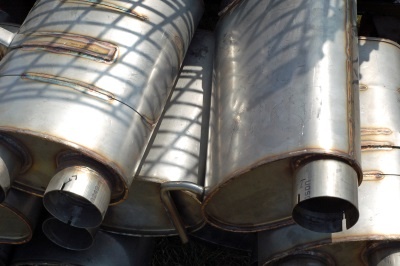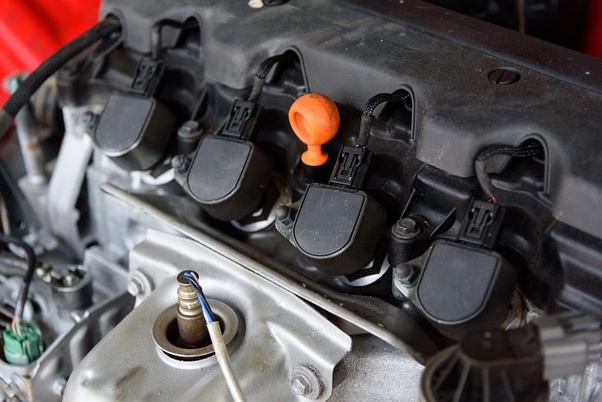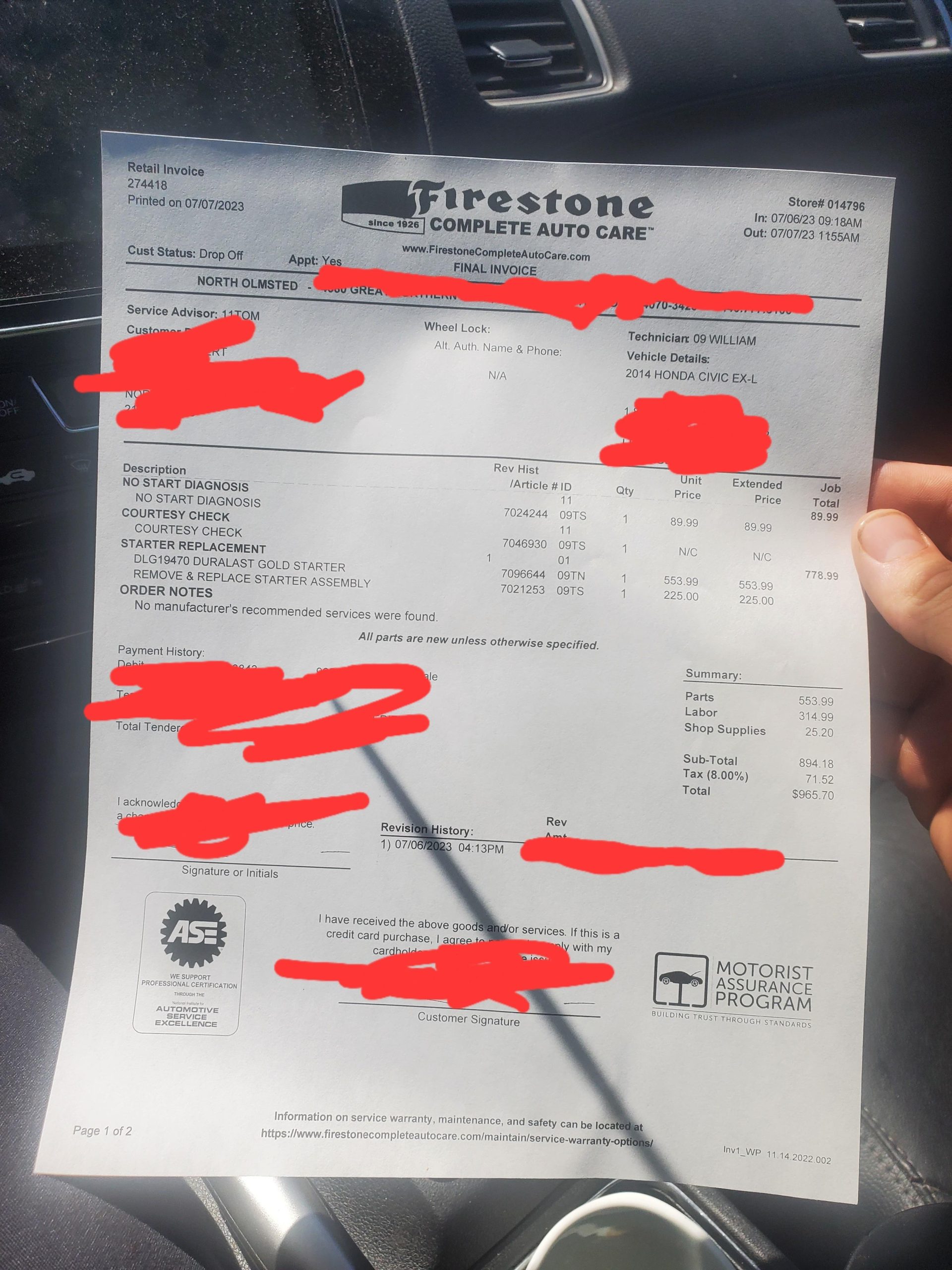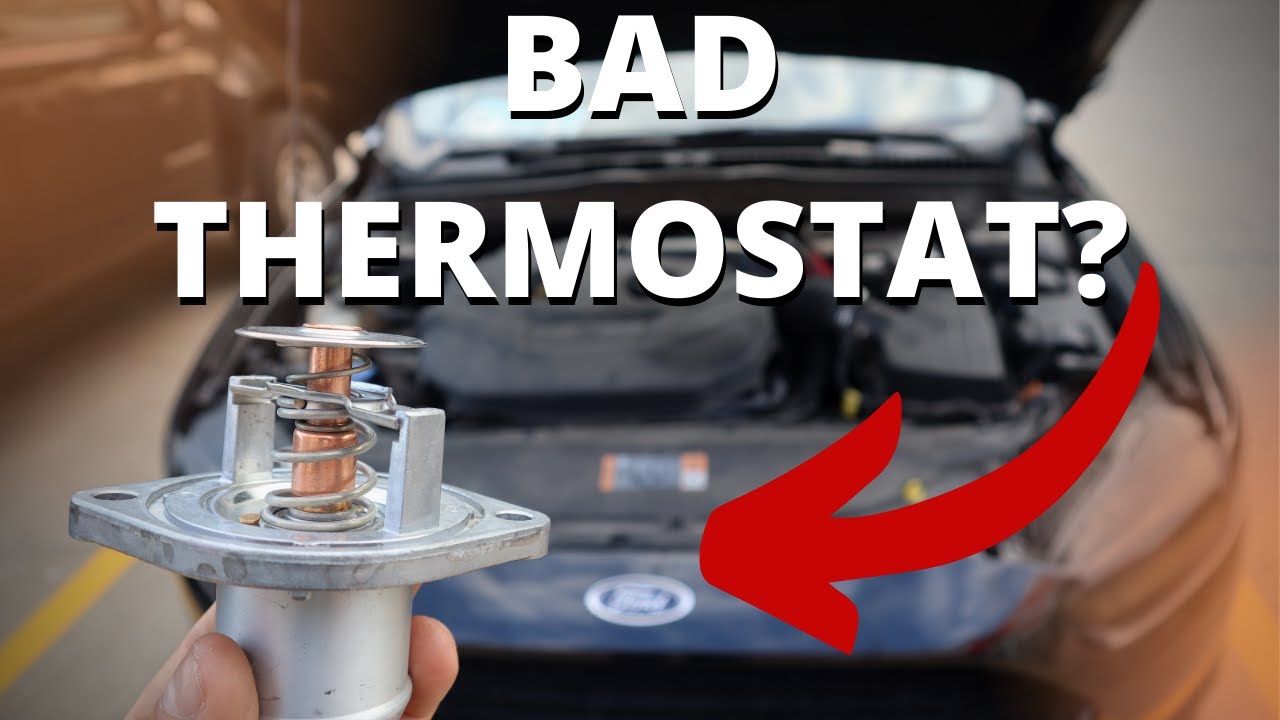How Much Do Car Repairs Cost
Car repair costs vary widely, with minor repairs typically starting around $100-$200, and major repairs often exceeding $1000. Factors affecting the price include the type of repair, vehicle make and model, and the labor rates of the repair shop.
Understanding car repair costs is essential for vehicle owners seeking to budget appropriately for maintenance and unexpected issues. Prices can range from small expenses for routine services, such as oil changes and brake pad replacements, to larger financial commitments for complex repairs like transmission overhauls or engine rebuilds.
The cost also depends on whether you choose OEM (Original Equipment Manufacturer) parts or aftermarket alternatives, which can be more affordable. Labor costs, which vary significantly by location and shop, also play a crucial role in the final bill. Regular maintenance can help reduce the risk of costly repairs, underscoring the importance of factoring in ongoing vehicle upkeep as part of your total car ownership costs.

Credit: hillsideautomotiverepair.com
The Variables In Car Repair Expenses
Understanding car repair expenses can feel like decoding a complex puzzle. With a variety of factors in play, costs can vary widely. Explore the key variables that shape the final bill for car repairs.
Make And Model Effects
The type of car you drive significantly impacts repair costs. Luxury cars often demand specialty parts and skilled labor. This raises the expense. In contrast, common models benefit from widely available parts and service options, often resulting in lower costs.
Region And Labor Costs
Your location influences repair expenses. Urban areas typically have higher labor rates compared to rural locales. Furthermore, the cost of living in your region affects what garages charge for their services.
Parts And Materials
The cost of parts and materials is a major component of repair bills. Whether it’s OEM (Original Equipment Manufacturer) or aftermarket parts, prices can differ. OEM parts often come with a higher price tag but are tailor-made for your vehicle, ensuring a perfect fit and lasting quality. Aftermarket parts are more cost-effective but vary in quality and warranty coverage.
Regular maintenance minimizes unexpected costs. It’s important to budget for repairs and seek professional advice when needed. Knowing these variables helps you anticipate and control repair costs effectively.

Credit: stormwisehailrepair.com
Common Repairs And Their Price Range
Welcome to our comprehensive guide on car repair costs! Staying informed about common vehicle repairs helps you budget effectively. Let’s dive into the types of repairs you might encounter and their typical price range.
Oil Changes And Routine Maintenance
Regular maintenance keeps your car running smoothly and prevents costly problems. Here are typical services and their costs:
- Oil change: Expect to pay between $25 to $50 for conventional oil and $45 to $70 for synthetic blends.
- Tire rotation: This essential service often costs $20 to $50.
- Air filter replacement: Get ready to spend $15 to $30.
Brake Work And Replacement
Brake systems are critical for safety. Here’s what you might pay for brake-related services:
| Repair | Price Range |
|---|---|
| Brake pad replacement | $100 to $300 per axle |
| Brake fluid flush | $70 to $100 |
| Full brake kit | $400 to $700 |
Transmission Issues
Transmission repairs can be pricy. Here are common repairs with their cost range:
- Fluid change: Generally costs $80 to $250.
- Transmission repair: Minor repairs may run from $300 to $1,400, while more extensive fixes can cost much more.
- Full replacement: A new transmission often costs $1,800 to $3,400.
Surprising Factors That Influence Costs
Thinking about car repairs might bring to mind parts and labor costs. Yet, other factors can surprisingly influence the final bill. From parts to certifications, several aspects change how much you pay. Let’s explore what you might not expect to affect your car repair costs.
Aftermarket Parts Vs. Oem
Choosing between aftermarket and OEM parts can alter costs significantly. Aftermarket parts are usually less expensive and widely available. OEM, or Original Equipment Manufacturer parts, come with a higher price as they are brand-specific replacements. Here’s how they differ:
- OEM parts guarantee a perfect match but may increase repair costs.
- Aftermarket options reduce expenses but might not offer the same quality or warranty.
Warranty And Insurance Impact
Warranties and insurance policies can cut down out-of-pocket costs. They often cover full or partial repair work. But remember:
| Warranty Coverage | Insurance Policy |
|---|---|
| May limit service locations. | Often requires a deductible. |
| Covers defects and malfunctions. | Addresses accidents and damages. |
Shop Certification And Expertise
The skills and certifications of the repair shop play a crucial role. Certified shops may charge more but provide added reliability and peace of mind. Here’s how shop credentials impact car repair costs:
- ASE certification: It implies a higher level of mechanic expertise.
- Dealership service departments: Often staffed with experts on your specific car model, leading to premium pricing.
- Independent shops: They might offer lower rates with varied levels of skill.
Saving Money On Vehicle Maintenance
Everyone knows car repairs can dig deep into your wallet. But smart vehicle ownership involves cutting down on these costs. It’s all about knowing the right maintenance strategies, understanding how to choose the best shop, and deciding when to DIY. Let’s unlock savvy ways to save money while keeping your car in top shape.
Preventative Maintenance Strategies
Regular maintenance keeps your car running smoothly. It prevents costly repairs. Think of it as an investment. Here’s how to avoid big repair bills:
- Follow your car’s maintenance schedule from the manual.
- Check fluids, like oil and coolant, regularly.
- Replace filters and brake pads as needed.
- Keep tires properly inflated to avoid wear.
Comparing Shop Estimates
Shop around for repair estimates. Prices vary. Find a reliable, honest mechanic. Tools like online forums and review sites can help. Here’s a simple strategy:
- Get at least three quotes from different shops.
- Check each shop’s credentials and reviews.
- Ask about warranties for parts and labor.
Diy Repairs: Pros And Cons
DIY can save you cash, but it’s not for every repair. Evaluate the pros and cons:
| Pros | Cons |
|---|---|
| Save on labor costs | Time-consuming |
| Learn new skills | Potential for errors |
| Control over quality | Requires tools and space |
For basic tasks like oil changes or air filter replacements, DIY is great. For complex repairs, consider a professional.
Navigating Insurance And Warranties
Welcome to the intricacies of auto repairs where costs can fluctuate vastly. Especially when factoring in insurance and warranties. Let’s dive into how to navigate these financial safety nets. Doing so could save you a bundle on your car repair bills.
Understanding Your Coverage
Your first line of defense against hefty repair costs is knowing what your insurance covers. Policies vary widely, but generally, standard auto insurance consists of:
- Liability coverage – pays for damages you cause to others.
- Collision coverage – covers your vehicle’s repairs after an accident.
- Comprehensive coverage – handles non-collision-related repairs, such as those from natural disasters or theft.
Review your policy carefully. Check the deductible amounts, policy limits, and exclusions.
Negotiating With Insurance Providers
After a car mishap, you’ll likely deal with an insurance adjuster. Stay calm and gather evidence – this helps in negotiations. Remember, initial offers are not final. Here are tips for negotiating:
- Understand the value of your claim.
- Present a thorough assessment from a trusted mechanic.
- Document all communications.
- Don’t rush. Take time to consider their offer.
Extended Warranties: Are They Worth It?
An extended warranty can be a lifeline or a costly add-on. Consider factors like:
| Factor | Consideration |
|---|---|
| Car’s Age | Newer cars may not need one immediately. |
| Repair History | Research common issues with your car model. |
| Financial Cushion | If repair costs won’t break the bank, you might skip it. |
Also, not all warranties are created equal. Read the fine print for details on what is actually covered.
Future Trends In Car Repair Costs
The landscape of car repairs is shifting with technological progress and industry changes. Understanding these trends is crucial for car owners.
The Rise Of Electric Vehicles
Electric vehicles (EVs) are gaining popularity. With fewer moving parts, they boast lower maintenance needs. However, specialized knowledge for repairs means potentially higher service costs for EV owners.
- Fewer oil changes, no exhaust systems
- High voltage battery repairs can be costly
- Specialized EV mechanics may charge more
Advancements In Car Technology
Cars are smarter, featuring advanced electronics and computer systems. This advancement means repairs often require expensive diagnostic tools and trained technicians.
- Replacing simple mirrors with camera systems
- Calibrating sensors after repairs
- Software updates for on-board computers
Industry Changes Post-covid
COVID-19 has impacted the car repair industry. There’s a surge in used car sales and a shortage of skilled mechanics. These factors can drive up repair costs.
| Factor | Impact on Repair Costs |
|---|---|
| Used Car Sales | More wear and tear repairs |
| Mechanic Shortage | Higher labor rates |
| Part Shortages | Delays and increased prices |

Credit: valleycollision.com
Frequently Asked Questions Of How Much Do Car Repairs Cost
What Factors Affect Car Repair Costs?
Car repair costs are influenced by various factors such as the make and model of the vehicle, the type of repair needed, labor rates, location, and the cost of parts. More luxurious or rare cars often incur higher costs due to specialized parts and expertise needed.
Are Car Dealership Repairs More Expensive?
Typically, dealership repairs can be more expensive than independent shops due to specialized expertise, official parts, and association with brand standards. However, they might offer dedicated service for your car’s brand with potential warranty benefits.
How Can I Save On Auto Repairs?
Saving on auto repairs is possible by performing routine maintenance, comparing quotes from different service providers, using aftermarket or salvaged parts, and sometimes opting for independent mechanics over dealerships. Keeping informed about your vehicle’s needs can also contribute to wiser financial decisions.
Can I Predict My Car’s Maintenance Costs?
Predicting exact maintenance costs is challenging; however, resources like Edmunds’ True Cost to Own Calculator offer estimates based on make, model, and age. Regular servicing minimizes unexpected repairs, making costs more predictable over time.
Conclusion
Understanding the costs of car repairs is essential. Prices vary widely, depending on the make, model, and the repair’s complexity. Regular maintenance can mitigate these expenses. Remember, with informed decisions and timely service, you can keep your repair costs under control and extend the lifespan of your vehicle.





